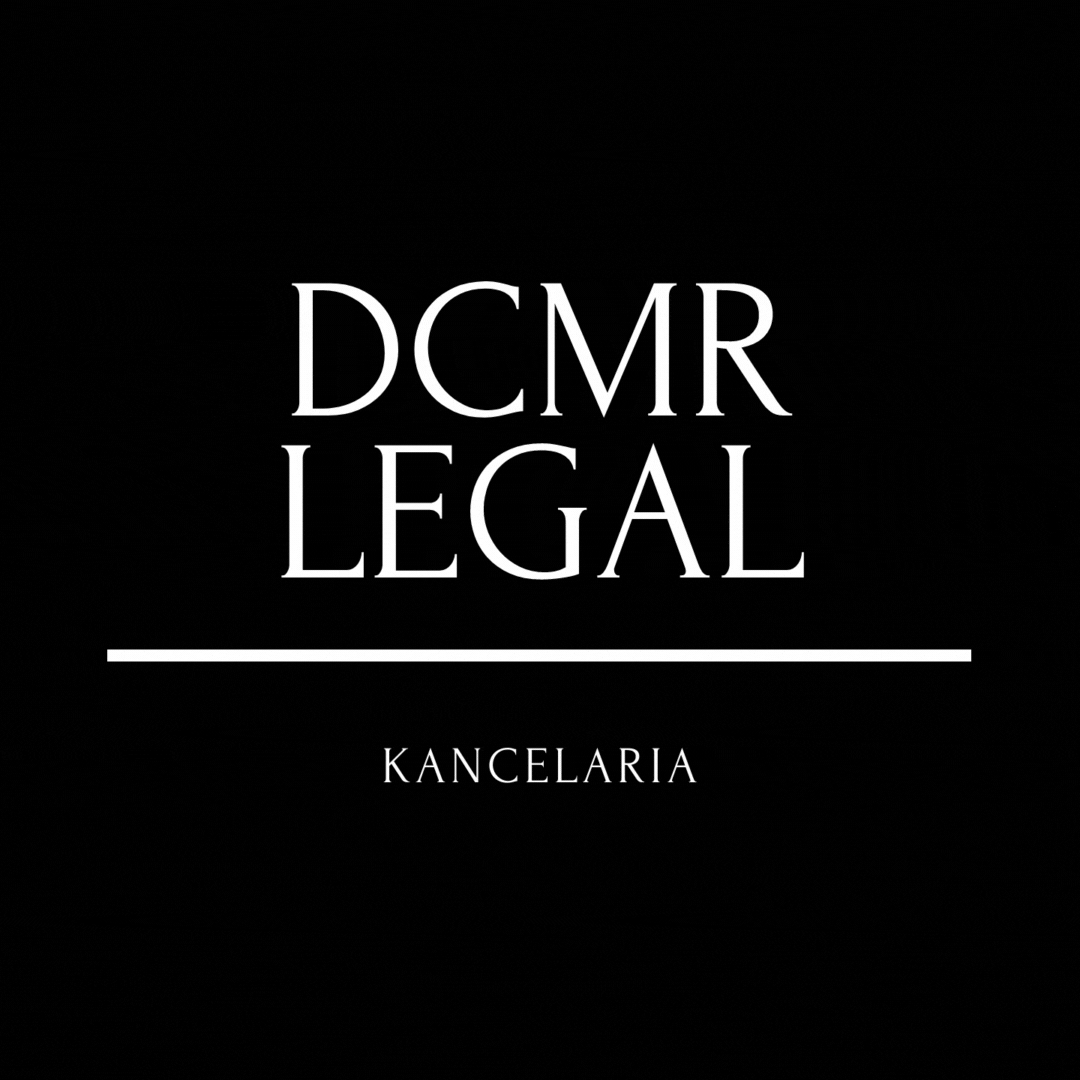Limitation Periods in Poland Explained: When Is It Too Late to Claim Your Money?
- DCMR LEGAL

- Oct 20, 2025
- 2 min read

Knowing the limitation periods in Poland can determine whether your debt recovery succeeds or fails. Here’s what international creditors must understand before taking action.
Why Limitation Periods Matter
Every debt has an expiration date — and once that date passes, the debtor can legally refuse to pay. This rule is called a limitation period, and it plays a crucial role in every debt collection case in Poland.Understanding these deadlines helps international creditors act on time and avoid losing their right to claim.
What Is a Limitation Period?
A limitation period is the maximum time allowed by law to pursue a claim in court. After this period expires, the debtor can raise the defense of limitation (known in Polish as zarzut przedawnienia), and the court must dismiss the case — even if the debt is genuine.
Simply put: if you wait too long, you lose your legal power to enforce the debt.
General Rules Under Polish Law
According to the Polish Civil Code, limitation periods depend on the type of claim:
3 or 2 years – standard for most B2B commercial claims (e.g. unpaid invoices, delivery of goods, or services).
2 years – for consumer-related claims, such as sales of goods to individuals.
6 years – for claims confirmed by a final court judgment or enforceable settlement.
The countdown usually starts from the day the payment became due (invoice due date).
How Limitation Can Be Interrupted
The good news is that limitation periods can be paused or reset.This happens when:
you send a formal written demand for payment,
the debtor acknowledges the debt,
you file a lawsuit, or
enforcement proceedings begin.
Each interruption resets the clock — giving you a new full limitation period to continue recovery.
Why Acting Early Is Crucial
Many foreign creditors lose their rights simply by waiting too long. In Poland, even one missed deadline can make a claim unenforceable.T hat’s why it’s best to start with amicable collection immediately after the due date, and move to legal action if no result is achieved within a few weeks.
Example: A Case Study
A German exporter delivered industrial parts to a Polish buyer in 2021. The buyer stopped paying in early 2022, and the exporter waited “just a bit longer". By 2025, when the case reached court, the limitation period had expired — and the debtor won the case on formal grounds. Lesson: always verify time limits before filing a claim.
How DCMR LEGAL Helps
At DCMR LEGAL, we review every case for potential limitation issues before starting recovery. Our team checks:
when the claim arose,
whether the period was interrupted,
and if the claim can still be legally enforced.
This ensures you don’t waste time or money chasing debts that are already time-barred.
Stay Ahead of Deadlines
If you suspect your debtor is delaying payment, don’t wait — act now. Our experts can verify your case, calculate limitation dates, and begin recovery before it’s too late.
Email us at info@dcmrlegal.com



